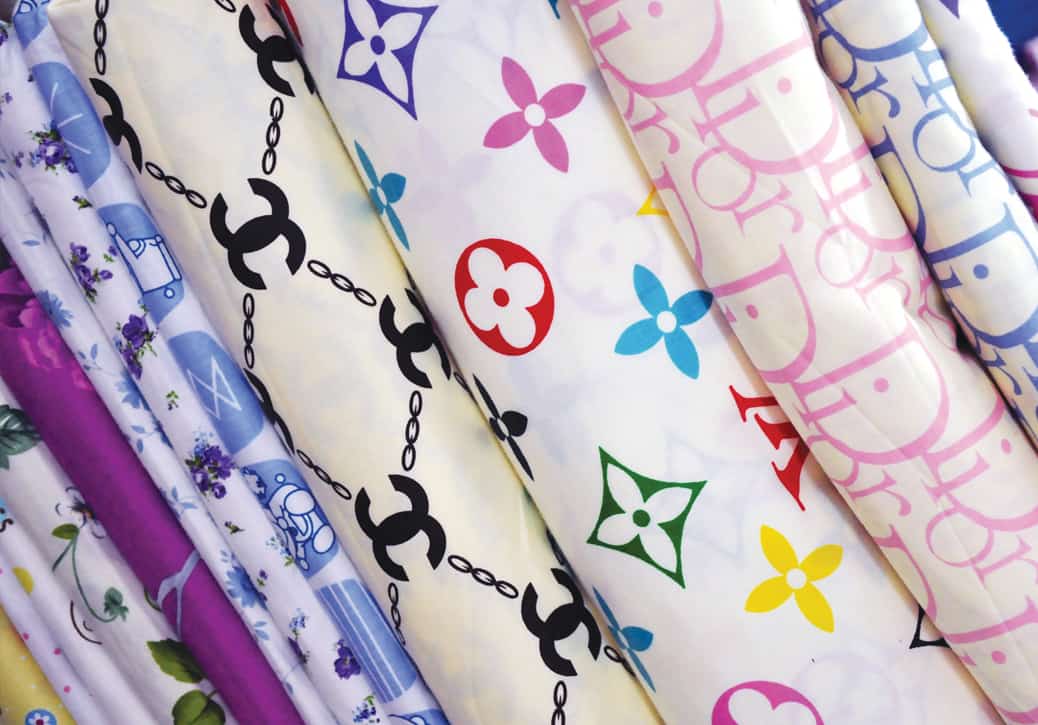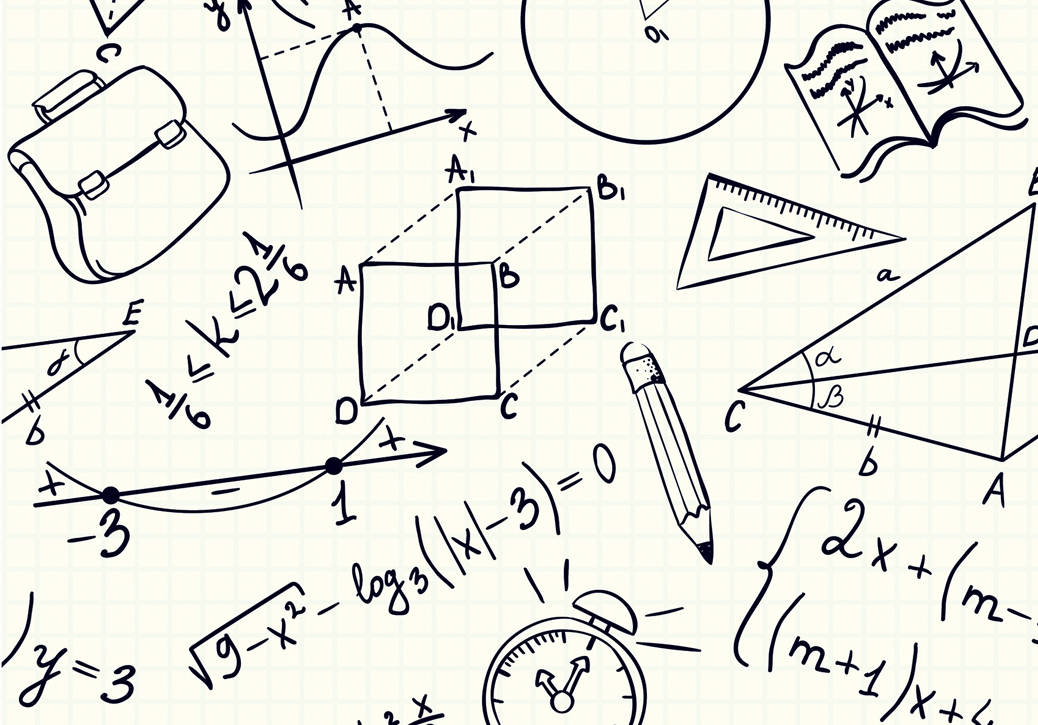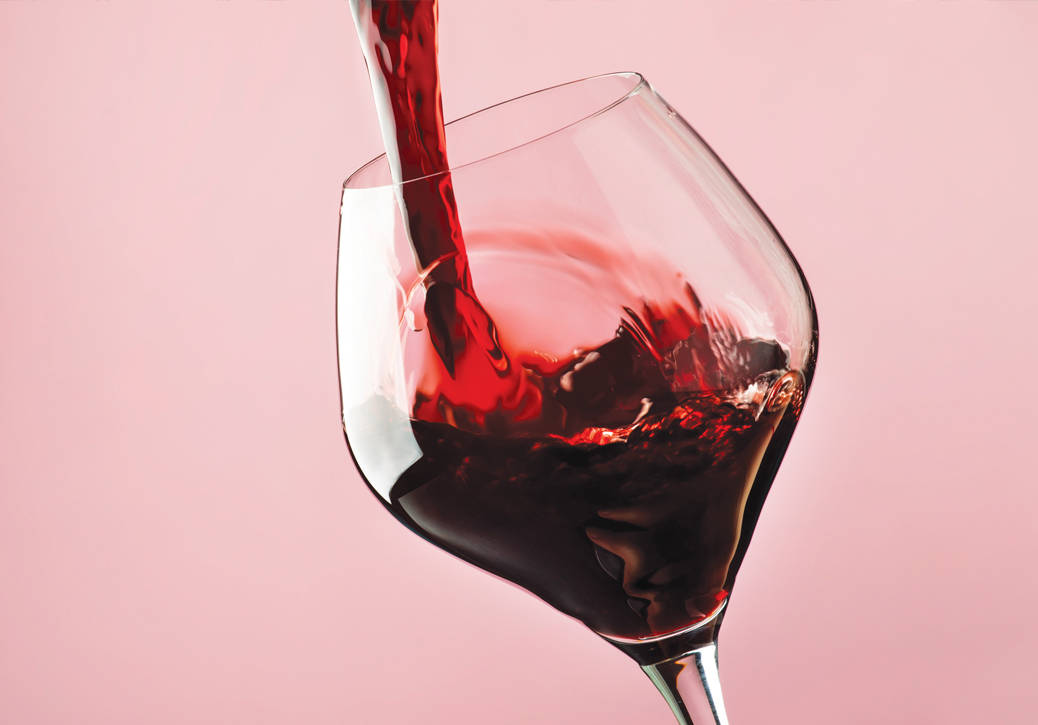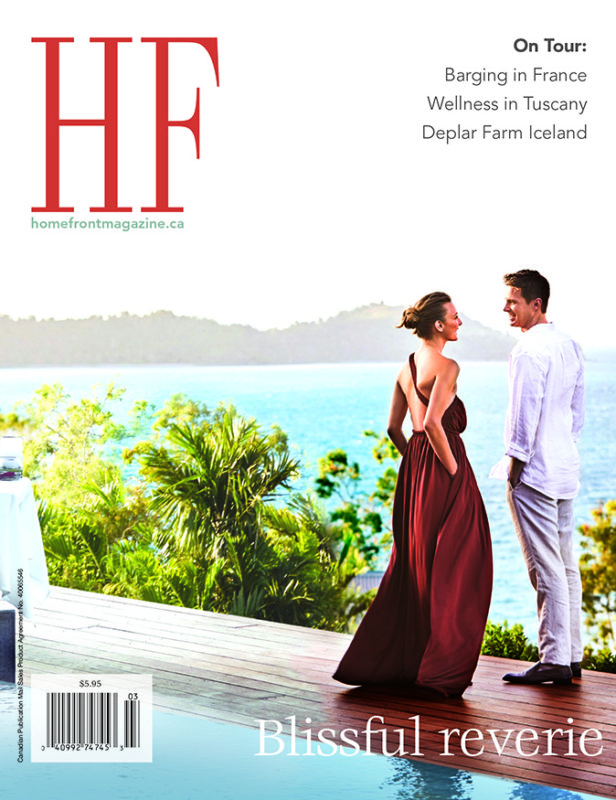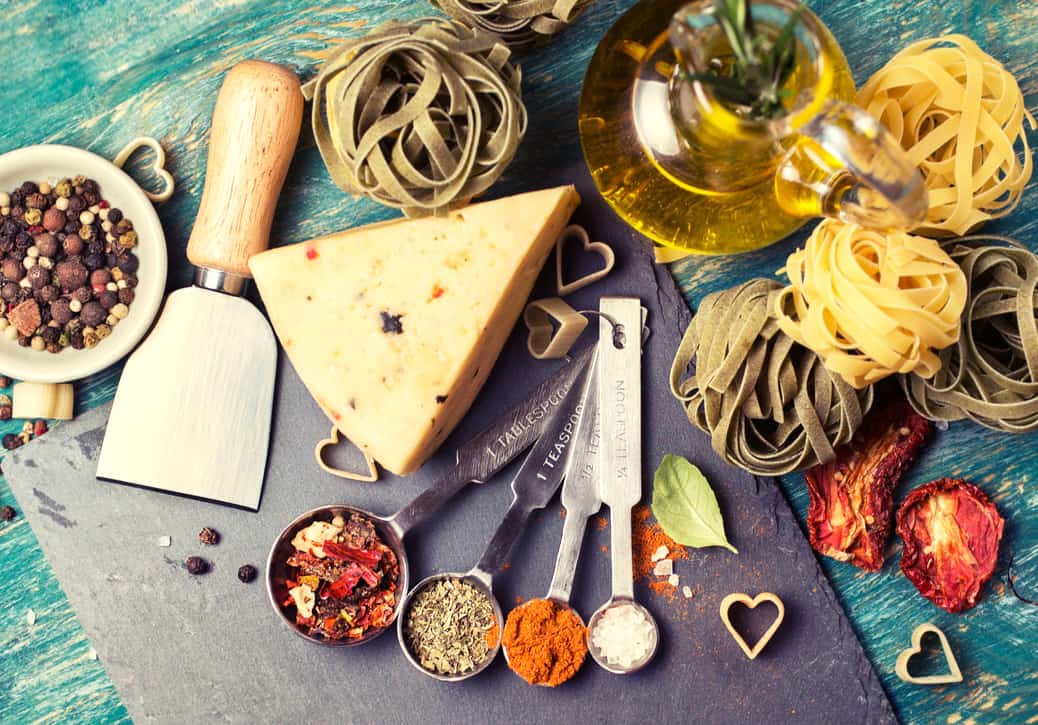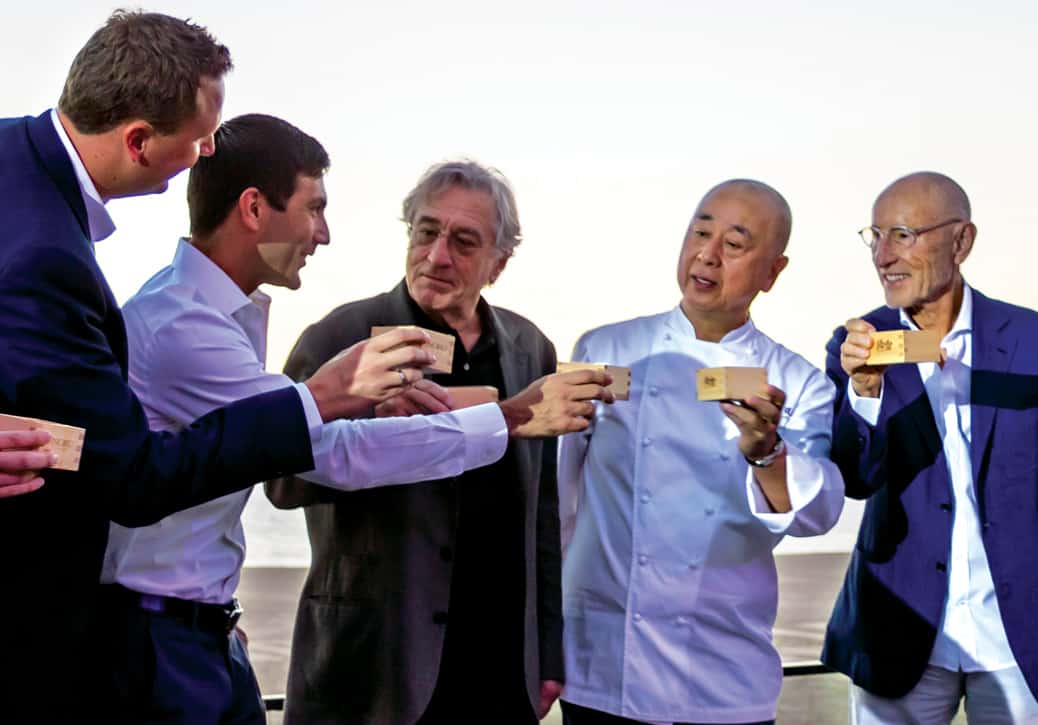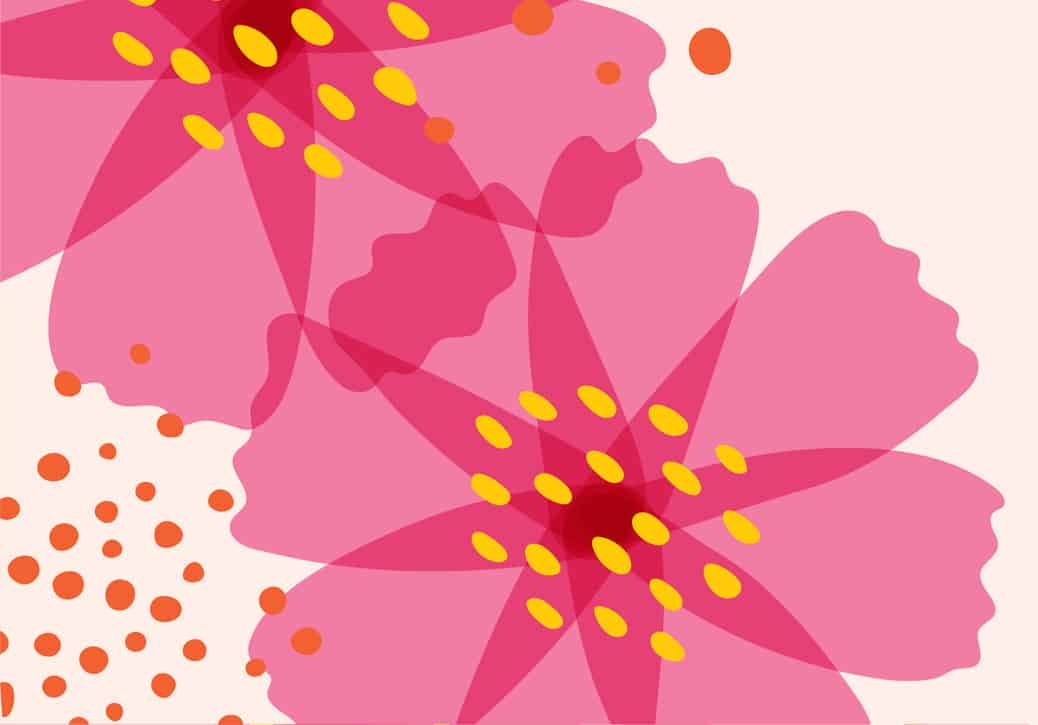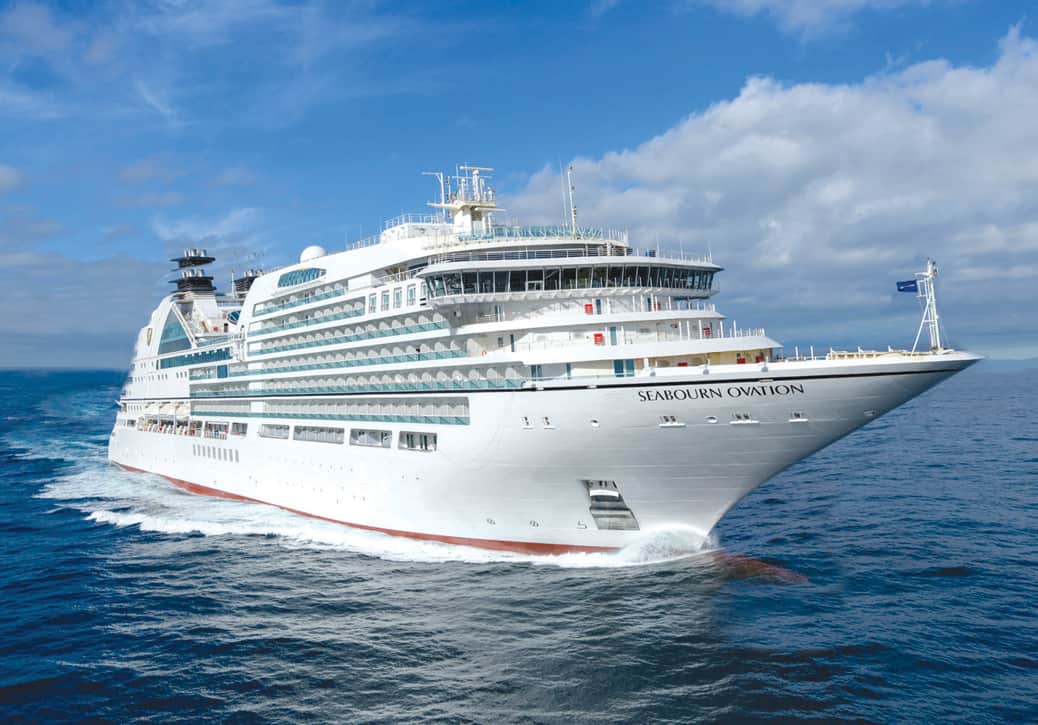The invincible business of counterfeit goods
A French customs raid grabbed enough fake Louis Vuitton fabric to cover 54 tennis courts. In Istanbul, 700,000 knock off hair products were seized. Is there anyway to stop the selling of cheap fakes of a successful product when it makes such good business sense. According to some estimates, the industry is worth $600bn per year with as many as 10% of all branded goods being sold considered counterfeit. In a recent Guardian article Alice Sherwood suggests that the lux industry has soared in recent decades but the knock off market has grown even faster. She believes that up to 80% of us have handled fake or falsified goods (wittingly or not) and this is
despite the growth of what’s called the authentication industry and its ever-expanding tool kit to help spot and seize items that are not real. In her book, Sherman talks about the focus on image-building, brand-titivating, social media babble, creative advertising, celebrity endorsements: all the activities that lead the consumer to think warmly of your brand actually fuels free-riding counterfeiters.
Sherman sees the best way out here is for brands to decide together to cut spending on intangibles but says the chance of that is almost zero. “It would require the brands, first, to admit the problem openly among themselves; second, to trust each other and third, to expose the real value of their brands to wider view. No wonder they would rather tackle the counterfeiters than the causes of counterfeiting.”
Source: Authenticity: Reclaiming Reality in a Counterfeit Culture
Does math really make life more beautiful?
Can the language of science, engineering and finance help make you feel calm on a turbulent flight? Get a date? Make better decisions? It might sound intellectually sophisticated but math and physics can, according to experts, actually help when you use them to understand how the world works. By helping you to solve problems, be less afraid and less confused, they can, “even make life more beautiful.”
Understanding more physics can also free us from the panic-inducing, heart-pounding fear that something awful is going to happen or that we are making the wrong decisions. This is not because physics always points out the right decision, but because it can lead us away from this unproductive, subjective, binary thinking. How? By giving us the tools to ask better questions.
Math and physics enhance curiosity. These subjects allow us to dive into the unknown without being waylaid by charlatans or sidetracked by the impossible. They allow us to tackle the mysteries of life one at a time, opening up the possibilities of the universe. As Helen Czerski, author of Storm in a Teacup: The Physics of Everyday Life says, “Knowing about some basics bits of physics [and math!] turns the world into a toy box.” And, it’s a toy box full of powerful and beautiful things. The math may be complicated but the principle isn’t. Aim high and time frequently, suggests Fry, “the math says so.” Why argue with that.
Source: Farnam Street
Is red wine the healthy one?
Like dark chocolate and coffee, red wine vacillates between health food and vice. So, is red wine good for you? And if so, what makes red wine in particular so special?
Dr. Tim Naimi, director of the University of Victoria’s Canadian Institute for Substance Use Research, breaks down the popular belief that, red wine is healthier than white.
He suggests that much of the buzz comes from the drink’s antioxidants, which are called polyphenols. Antioxidants have anti-inflammatory properties with one specific type of polyphenol in red wine called resveratrol. This is the compound that’s popularly pointed to as the “heart-healthy” antioxidant, and it comes from red grape skins. White wine contains no resveratrol, and rosé wines contain lower levels than red.
Still, Naimi says there isn’t enough resveratrol in the amounts of red wine people drink for it to have any noticeable health benefit. “If people wanted to get any benefits, they could just take pills,” he says. “I think the amount available in wine is probably not enough.” Instead, the conflation of red wine and health may come, in part at least, from a correlation that people who are more likely to drink wine are also more likely to be healthy. “Red wine drinkers tend to be a bit healthier, wealthier, and happier, and it’s not because of the red wine,” he says. “Red wine is simply associated social determinants like education and income that are recognized lifespan pillars.”
Source: inverse.com


